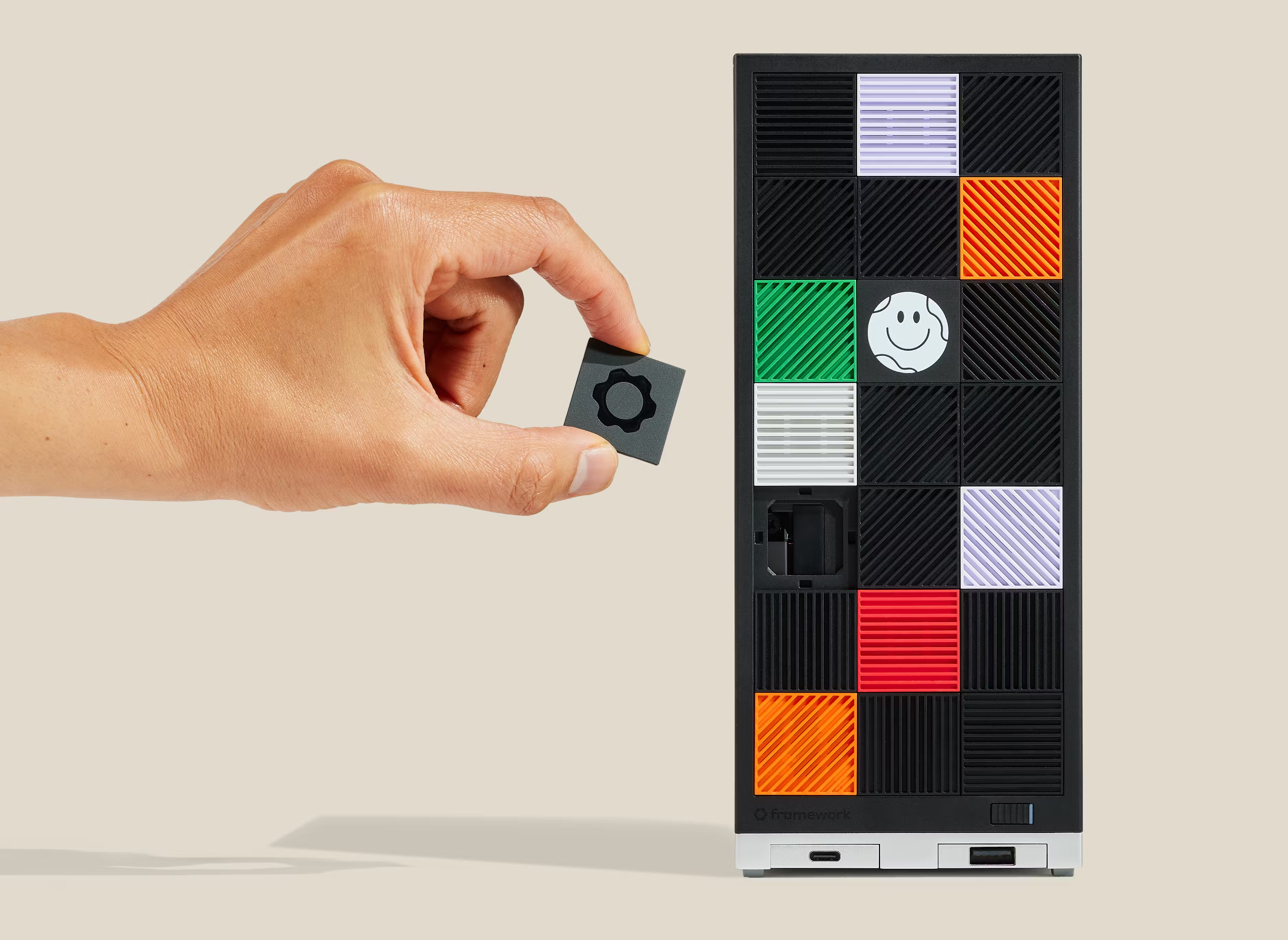- Scientists have developed a new AI tool to accelerate scientific discoveries
- LLM4SD explains the reasoning behind its predictions, for transparency
- Instead of replacing standard machine learning models, LLM4SD improves them
An Australian research team led by Monash University has come up with a generative AI tool designed to speed up scientific discoveries. Called LLM4SD (Large Language Model 4 Scientific Discovery), the open source tool retrieves information, analyzes the data, and then generates hypotheses from it.
While LLMs are used in natural sciences, their role in scientific discovery remains largely unexplored, and unlike many validation tools, LLM4SD explains its reasoning, making its predictions more transparent (and hopefully cutting down on hallucinations).
PhD candidate Yizhen Zheng from Monash University’s Department of Data Science and AI explains, “Just like ChatGPT writes essays or solves math problems, our LLM4SD tool reads decades of scientific literature and analyses lab data to predict how molecules behave - answering questions like, ‘Can this drug cross the brain’s protective barrier?’ or ‘Will this compound dissolve in water?’”
Simulating scientists
LLM4SD was tested over 58 research tasks across physiology, physical chemistry, biophysics, and quantum mechanics, and outperformed leading scientific models, improving accuracy by up to 48% in predicting quantum properties crucial for materials design. Zheng said, “Apart from outperforming current validation tools that operate like a ‘black box,’ this system can explain its analysis process, predictions and results using simple rules, which can help scientists trust and act on its insights.”
PhD candidate Jiaxin Ju from Griffith University said, “Rather than replacing traditional machine learning models, LLM4SD enhances them by synthesizing knowledge and generating interpretable explanations”.
The team views the tool as essentially “simulating scientists”. Professor Geoff Webb from Monash University stressed the importance of AI’s role in research. “We are already fully immersed in the age of generative AI and we need to start harnessing this as much as possible to advance science, while ensuring we are developing it ethically,” he said.
The research, published in Nature Machine Intelligence and available to view on the arXiv pre-print server, was a collaboration between Monash University’s Faculty of Information Technology, Monash Institute of Pharmaceutical Sciences, and Griffith University.
